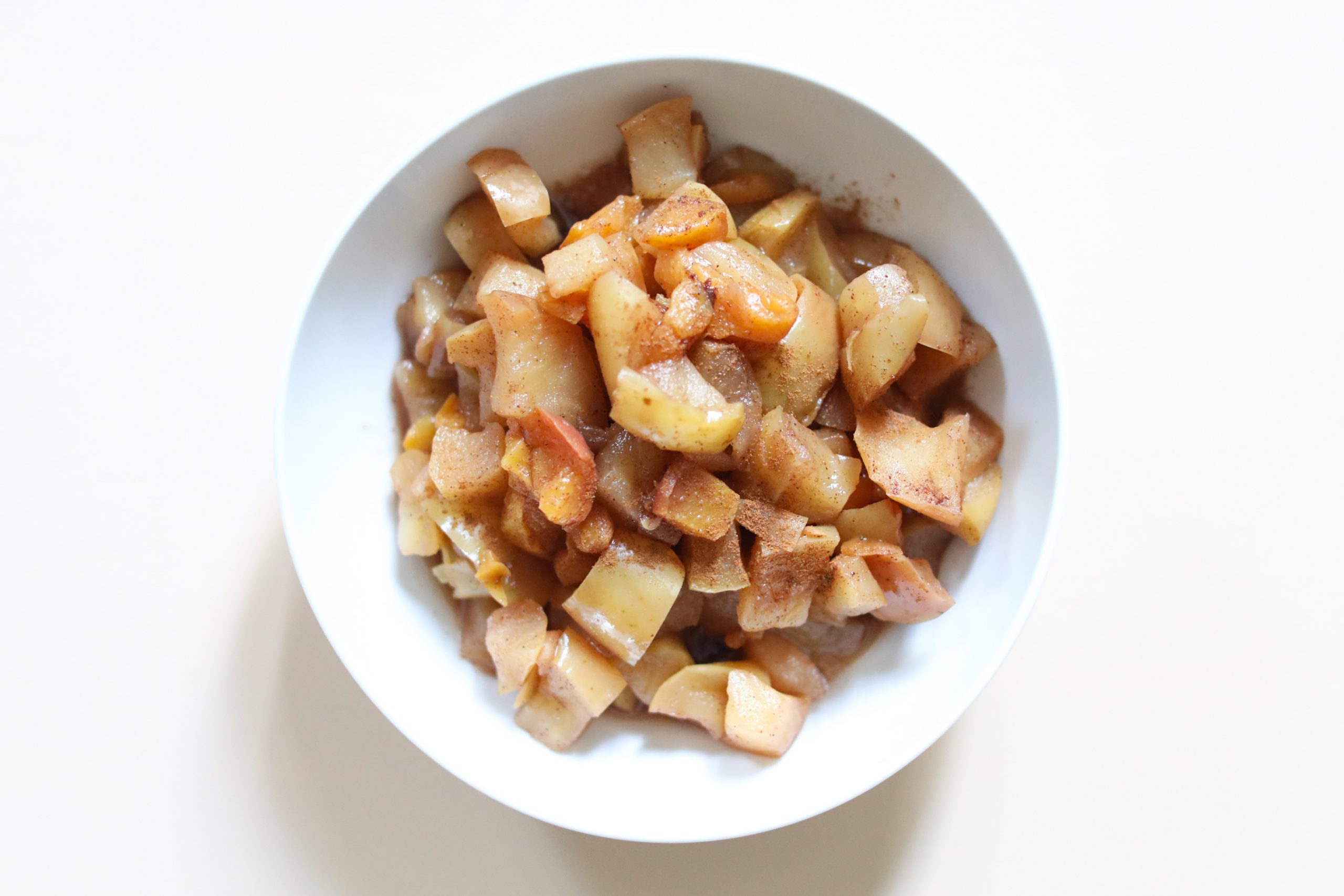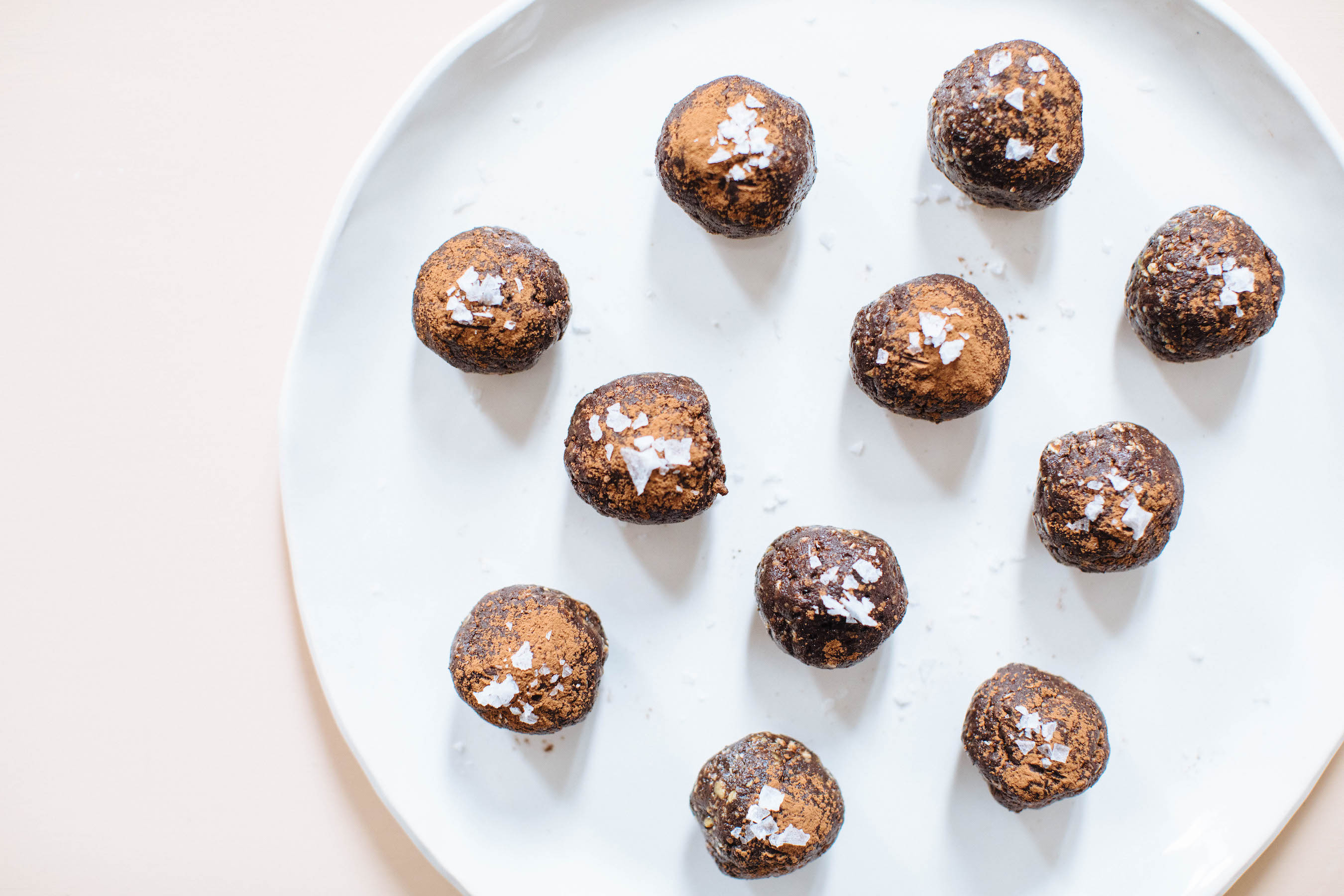The prevalence of diabetes has significantly impacted the lives of millions of people around the globe.
Characterised by high blood sugar levels, this chronic condition can lead to serious health complications if left untreated. One of the most critical aspects of managing diabetes is monitoring the food and beverages one consumes.
Many people with diabetes often wonder if it is safe to drink alcohol. While alcohol consumption varies across countries and cultures, it is an integral part of daily life in some countries and is consumed in moderation regularly. In other countries, alcohol is consumed less frequently but in greater quantities.
This article will discuss the different types of alcohol, how alcohol affects blood sugar levels, the potential risks of alcohol consumption for those with diabetes, and strategies for avoiding alcohol.
Alcohol for Diabetes – An Overview
Alcohol is a widely used substance with diverse characteristics and effects on the body. Diabetes, on the other hand, is a long-term disease that disrupts the body’s ability to process glucose, causing high blood sugar levels.
The relationship between alcohol and diabetes is complex, with positive and negative effects on blood sugar levels and overall health.
Alcohol, which is a central nervous system depressant, can be found in a variety of forms. The most common types are beer, wine, and spirits.
Beer is made from fermented grains and generally contains 3-5% alcohol by volume (ABV). Wine, a product of fermented grapes, typically has an ABV of 12-15%. Spirits like whiskey, gin, and vodka are distilled from grains or fruits, making them the most potent alcoholic beverage with an ABV of 40-50%.
The consumption of alcohol can have an impact on blood sugar levels in multiple ways. For instance, it can cause a decrease in blood sugar levels, particularly in those who take diabetes medications like insulin.
Some studies show that alcohol disrupts the body’s production and utilisation of insulin, which controls blood sugar levels.
Hypoglycemia can occur when blood sugar levels become too low. Hypoglycemia results in trembling, sweating, and disorientation. So, if you experience these symptoms, consult a healthcare professional immediately.
Impact of Alcohol on Blood Sugar Levels
The effects of alcohol on blood sugar levels can be varied and complex. The impact can differ depending on various factors. Some factors are the type and amount of alcohol consumed and the timing of consumption.
Generally, drinking alcohol can cause a decrease in blood sugar levels as the liver prioritises metabolising alcohol over glucose. People with diabetes who are taking insulin or other medications to lower blood sugar may be at risk for hypoglycemia, or low blood sugar, as a result.
Some studies also prove that drinking alcohol may also spike blood sugar levels due to its ability to enhance insulin release.
The enhanced insulin release can result in more glucose uptake by the liver. Furthermore, certain kinds of alcohol, such as beer and sweet wines, contain carbohydrates that can also cause an increase in blood sugar levels.
What Does Research Say?
It is noteworthy that moderate alcohol consumption can also positively affect blood sugar levels.
Research has shown that moderate drinking can improve insulin sensitivity, meaning that the body can better use insulin to regulate blood sugar. Furthermore, moderate drinking may reduce the risk of type 2 diabetes, although the reasons for this connection are still unknown.
Some evidence also suggests that moderate alcohol consumption can benefit people with diabetes. For example, studies have revealed that moderate drinking can result in lower levels of inflammation.
Inflammation is a known contributor to diabetes complications such as heart disease. Moreover, moderate drinking can also lead to better cardiovascular health, which is especially important for those with diabetes, as they are more vulnerable to developing heart disease.
Can People with Diabetes Consume Alcohol?
The consumption of alcohol can have a detrimental effect on those with diabetes, as it can cause changes in blood sugar levels and other health issues.
For example, research shows that prolonged and heavy consumption of alcohol can cause harm to the liver and nerves. It can also cause an augmented chance of developing heart disease.
All these can be even more serious for people with diabetes. Additionally, alcohol can increase the odds of hypoglycemia, particularly for those with diabetes who are using insulin or other medicines to reduce their blood sugar.
The HealthifyMe Note
One should not underestimate the potential effects of alcohol on individuals with diabetes. Even moderate consumption can have a detrimental impact, increasing the risk of developing diabetes-related complications such as hypoglycemia and organ damage. Furthermore, alcohol can make it more challenging to maintain healthy blood sugar levels. Therefore, those with diabetes must avoid alcohol consumption. However, even if they do, they must consult a registered nutritionist for advice on reducing the adverse effects.
Ways to Refrain from Consuming Alcohol
There are several ways to refrain from consuming alcohol, including:
- Limiting alcoholic drinks: Setting a limit on the number of alcoholic beverages consumed per day or week can help to prevent overindulgence.
- Alternating with non-alcoholic beverages: Having water, juice, or other non-alcoholic drinks between alcoholic drinks can help to slow down the rate of alcohol consumption.
- Choosing lower-alcohol options: Opting for lower-alcohol options, such as beer or wine, can help reduce the amount of alcohol consumed.
- Steering clear of places with alcohol: Avoiding places where alcohol is available, like parties or bars, can help to reduce the urge to drink.
- Seeking assistance: Seeking help from family and friends can help to give support and accountability when trying to abstain from alcohol.
Diabetes for Alcohol – How to Enjoy a Drink Occasionally Without Compromising Your Health?
If you have diabetes and decide to drink alcohol, it is crucial to do so in moderation. Some experts define moderate drinking as one drink per day for women and up to two drinks per day for men. However, it can vary depending on other factors like body weight and the type of diabetes.
Monitor your blood sugar levels closely and be aware of the potential risks of alcohol consumption. If you experience symptoms of hypoglycemia, such as shakiness, sweating, or confusion after drinking, seek medical attention immediately.
Heavy drinking can also cause blood sugar levels to spike and increase the risk of developing severe health complications. So, making informed decisions about whether or not to drink is crucial.
An excellent way to track your blood sugar levels is to use the Continuous Glucose Monitor (CGM) by HealthifyPro. It is a device that sticks to your body and tracks your blood sugar levels in real time.
Individuals with diabetes may consider dry wines, such as red or white, as a healthier option. These wines have a lower sugar content than sweet wines and contain antioxidants, such as resveratrol, that may help protect against diabetes.
Light beers are also not as bad as other alcoholic beverages, as they have fewer calories and carbohydrates than regular beers. Clear spirits, such as vodka, gin or tequila, are ok only when consumed in moderation and without added sugars from fizzy drinks and mixers.
The HealthifyMe Note
It is essential to recognise that everyone’s reaction to alcohol may differ. What could be acceptable drinking for one person might be too much for another, particularly for those with diabetes. Furthermore, one must avoid alcohol or consume it in moderation when taking certain diabetes medications. It is also applicable in the case of other health issues that could be affected by alcohol use.
Conclusion
Regarding alcohol consumption, people with diabetes must be cautious and aware of potential complications. Setting boundaries, alternating with non-alcoholic drinks, selecting lower-alcohol options, and avoiding environments with alcohol can help to reduce the risk of health issues.
While it may be safe and even beneficial to consume alcohol in moderation, those with diabetes should always consult their healthcare provider to determine the appropriate level of consumption. Furthermore, monitoring blood sugar levels and being prepared to treat hypoglycemia is essential when drinking alcohol.
In summary, with the proper precautions and knowledge, individuals with diabetes can make informed decisions about their drinking habits.
The Research Sources
1. Steiner JL, Crowell KT, Lang CH. Impact of Alcohol on Glycemic Control and Insulin Action. Biomolecules. 2015 Sep 29;5(4):2223-46. doi: 10.3390/biom5042223. PMID: 26426068; PMCID: PMC4693236.
https://www.ncbi.nlm.nih.gov/pmc/articles/PMC4693236/
2. Leggio L, Ray LA, Kenna GA, Swift RM. Blood glucose level, alcohol heavy drinking, and alcohol craving during treatment for alcohol dependence: results from the Combined Pharmacotherapies and Behavioral Interventions for Alcohol Dependence (COMBINE) Study. Alcohol Clin Exp Res. 2009 Sep;33(9):1539-44. doi: 10.1111/j.1530-0277.2009.00982.x. Epub 2009 May 26. PMID: 19485973; PMCID: PMC2955866.
https://www.ncbi.nlm.nih.gov/pmc/articles/PMC2955866/
3. Chiva-Blanch G, Badimon L. Benefits and Risks of Moderate Alcohol Consumption on Cardiovascular Disease: Current Findings and Controversies. Nutrients. 2019 Dec 30;12(1):108. doi: 10.3390/nu12010108. PMID: 31906033; PMCID: PMC7020057.
https://www.ncbi.nlm.nih.gov/pmc/articles/PMC7020057/
4. Chiva-Blanch G, Badimon L. Benefits and Risks of Moderate Alcohol Consumption on Cardiovascular Disease: Current Findings and Controversies. Nutrients. 2019 Dec 30;12(1):108. doi: 10.3390/nu12010108. PMID: 31906033; PMCID: PMC7020057.
https://www.ncbi.nlm.nih.gov/pmc/articles/PMC7020057/
5. Emanuele NV, Swade TF, Emanuele MA. Consequences of alcohol use in diabetics. Alcohol Health Res World. 1998;22(3):211-9. PMID: 15706798; PMCID: PMC6761899.
https://www.ncbi.nlm.nih.gov/pmc/articles/PMC6761899/






















Discussion about this post